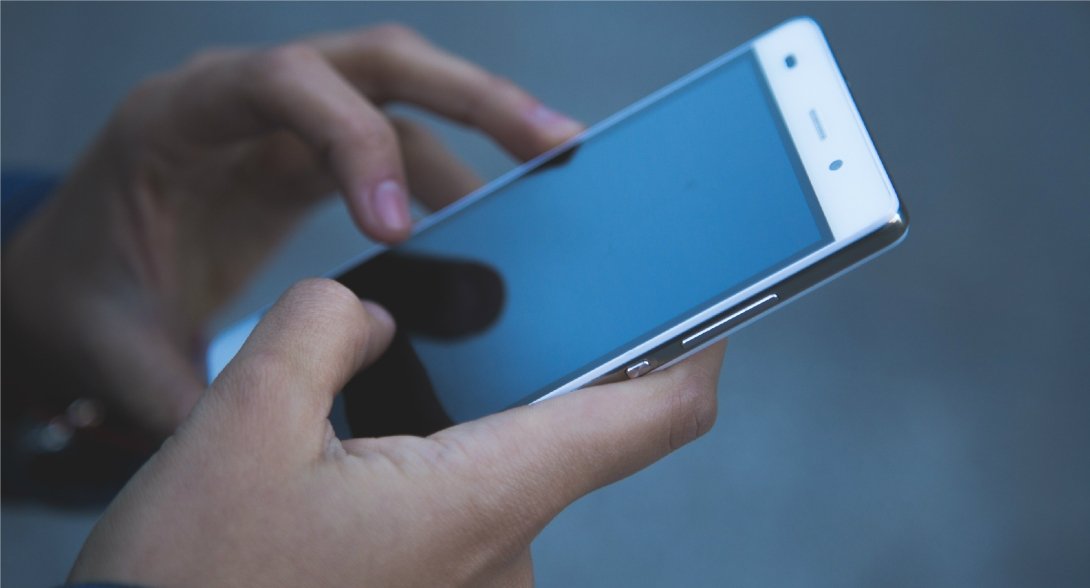The Assault on Freedom of Speech Has Begun at the Border

Last August, Free Press wrote about a new rule that allows Customs and Border Patrol (CBP) greater leeway to check the social-media accounts of certain visitors as they enter the United States.
The rule added a section on social-media information to the Electronic System for Travel Authorization (ESTA) for visitors traveling from countries that don’t necessarily require a visa to visit the United States.
As we wrote in our comments, asking for social-media information, even if the request is technically voluntary, is discriminatory, coercive and ineffective — and violates the freedoms of speech and association.
Coercing travelers to hand over information about their social-media accounts subjects both that traveler’s information and the communications and contacts of their friends, family and associates to arbitrary scrutiny by border patrol and consular officers. The regulation has no standards of review or even guidance as to what the scope of “social media information” is.
Despite these concerns and the accompanying outcry from the privacy and civil liberties communities, CBP began its rollout of the rule in the last weeks of the Obama administration.
And the privacy invasion is getting even worse.
‘Extreme vetting’ of vulnerable communities
In conjunction with the Trump administration’s unconstitutional and misguided Muslim and refugee ban, credible reports are surfacing that CBP is going far beyond even the problematic Obama administration rules. We’ve heard that agents acting without clear legal authority are demanding social-media information and more at the border.
As the Verge reports, the Council on American Islamic Relations has filed a suit against CBP alleging: “aggressive interrogations by Customs and Border Patrol agents, including demands that travelers unlock phones and provide social media account names. According to the complaint, border agents specifically asked for Facebook, Twitter, and Instagram accounts, alongside questions about political opinions and religious practices.”
In the wake of Trump’s ban, new Homeland Security Secretary Gen. John Kelly stated that “extreme vetting” of immigrants and visitors may now include an examination of their phone contacts, web histories and social media profiles before they’re allowed to enter the United States.
At Free Press we’re aware that aggressive policing and surveillance tools like stingrays, dragnet phone-records collection, and facial recognition are first deployed against marginalized or immigrant communities prior to their inevitable use on the U.S. public at large. It’s a huge problem for people of color in particular, and for civil liberties across the board, when so-called “targeted” surveillance is nothing but an unlawful fishing expedition to collect data on millions of people’s movements, associates, political views and religious beliefs.
We’re committed to protecting the rights to connect and communicate freely for everyone in the United States. That means stopping discriminatory, arbitrary and speech-killing surveillance where it starts by banding together with allies and resisting these kinds of unconstitutional and ineffective policies.
We’re strategizing with other civil-liberties groups on how to fight back in court and in Congress and we’re talking to companies about how to better protect our communications. We’ll be updating you soon on lawsuits, laws and ways to resist this power grab.